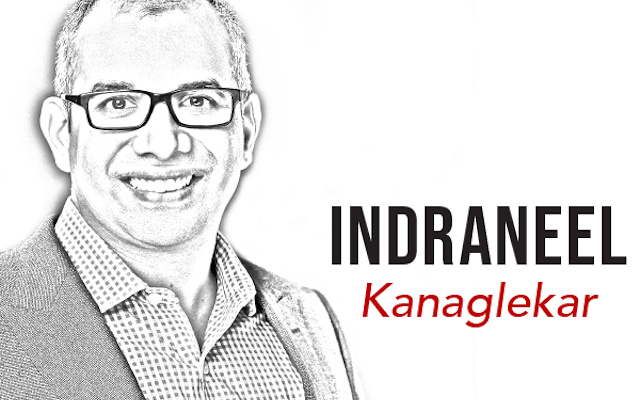by Dr. Morven McCauley
There is no denying the paradigm shift of women in dentistry over the last few decades. The most recent GDC registration report from July 2023 states that 52.3% of the 49,953 UK registered dentists are women, and as per the American Dental Association, 37.7% of registered US dentists are women despite having over 50% female dental graduates for many years. An interesting question to be raised is the reason for this decline in practicing female clinicians following graduation. Surprisingly, however, research has shown that women are still currently much less likely to enter the field of implant dentistry than their male colleagues.
_________________________________________________________________________________
Upon reading this article, please participate in my two-minute survey. Your input is invaluable as we explore practice ownership models and the challenges and barriers within this field, particularly those faced by women.
_________________________________________________________________________________
This celebratory transition to a balance in gender equality in the profession has women feeling better represented and supported, with an array of inspirational role models, key opinion leaders, and speakers, and the opportunities available being perceived as fair and just. However, as in every profession, there remains one substantial inequality: when a woman wishes to start a family and navigate the challenges of motherhood while facing the tormenting battle with work-life balance.
As a disclaimer, I understand that every family dynamic, formulation and situation is incredibly varied. It is predominately assumed however, that the woman will take career leave to initially raise and support a new-born child and require the flexibility in their work on their return, moreover, there is an added strain if the woman serves as the primary income provider for the household. Cast in some additional anxieties within that cocktail of hormones- a new colleague taking over your workload, surrendering high-value treatment plans to associates due to timing and potentially sacrificing the breast-feeding of your child to return to work, or can you make it through a 4-hour implant placement with an expressing pump break in the cupboard?
Unfortunately, I don’t see these concerns ever being eliminated for women but my purpose here is not to lament our troubles for a sympathetic response from our male colleagues, but instead to raise awareness to fellow female dentists on the beauty of the venture into implant dentistry where women are currently still the considerable minority.
Work Less, Earn More
As a profession, dentistry in general is incredibly flexible, allowing women the possibility of part-time hours. To a greater degree however, the high-productivity value of providing implant treatment creates the opportunity to work part-time without the financial sacrifice. A ‘Work less, Earn More’ strategy.
Where Focus Goes, Energy Flows
As a parent, time is evermore finite and precious. Pursuing implant dentistry and its continued demands of professional development, allows one to focus on honing and advancing one’s skills in this specific field of dentistry, shedding the time-consuming distractions of a multi-faceted approach. Not only does this provide greater time management, but improved engagement and skill. Albert Einstein said: “Only one who devotes himself to a cause with his whole strength and soul can be a true master.”
Timing: When The 5 Year Plan Doesn’t Work…
In a previous article titled "A Letter to My Younger Self," I elaborated on my belief in the significance of having a five-year plan accompanied by a vision board outlining targets and goals. Unfortunately, biology and Mother Nature don't always align with this plan, as my partner and I found ourselves on a fertility journey for a couple of years.
The modern format of post-graduate qualifications is constantly advancing as the culture progresses away from the male-dominated colleges, faculties and institutions, to inclusive contemporary and supportive networks. With the understanding of modern demands of both work and family time, there are a vast number of implant qualifications now available providing flexible part-time learning through an online platform intertwined with clinical skill days and mentorship. There tends never to be a perfect period to invest your time and finances to complete such training, and often it is a case of leaping into the breach with the end goal in mind. I completed my initial post-graduate qualification during my first pregnancy and maternity leave, and my diploma through my second, with both being accidental timings but significant blessings in disguise.
How to Make the Leap
If you are new to the realms of implant dentistry, I would advise starting with a detailed implant restorative course and gaining experience mastering effective restorations- key to the survival and longevity of implants. This restorative experience will then provide significant value when you progress on to undertaking the surgical training, in understanding the importance of restorative design in correlation with implant positioning, type and system selection.
Empowered Women, Empower Women
In my experience, providing implant dentistry has allowed me to benefit from working part-time at a higher productivity rate, which not only has the financial reward, but with focus in one field, has allowed me to regain an increased passion and engagement in dentistry where I had perhaps previously lost spirit in the 9 to 5 cycle.
I doubt any mums will say they have a faultless work/life balance. The mum guilt will always ever be looming, but making the step into implant dentistry has tilted the scales in a more favourable way for myself. By encouraging women to progress into implantology we may see the scales tilt here also toward gender equality, and a future with greater representation of women in implant dentistry.
We value your insights! If you are an associate, practice owner or partner, we kindly ask for a moment of your time to contribute to my research.
Your input is invaluable as we explore practice ownership models and the challenges and barriers within this field, particularly those faced by women. We want to hear from you. Take this two-minute survey.
 By: Dr. Morven McCauley
By: Dr. Morven McCauley



